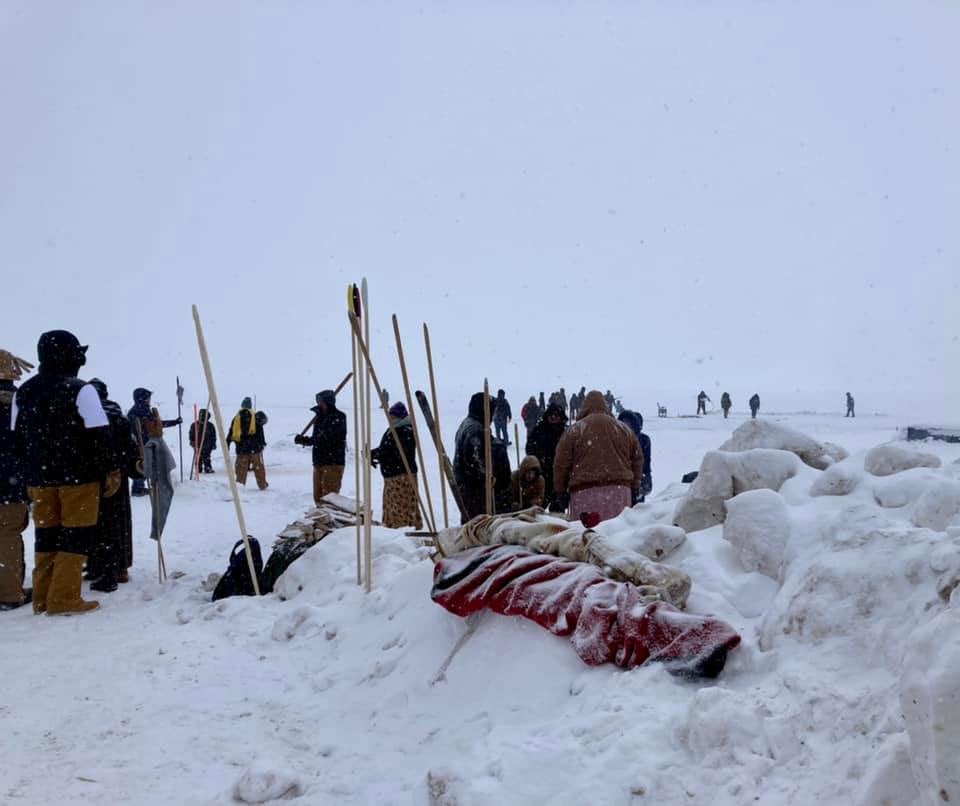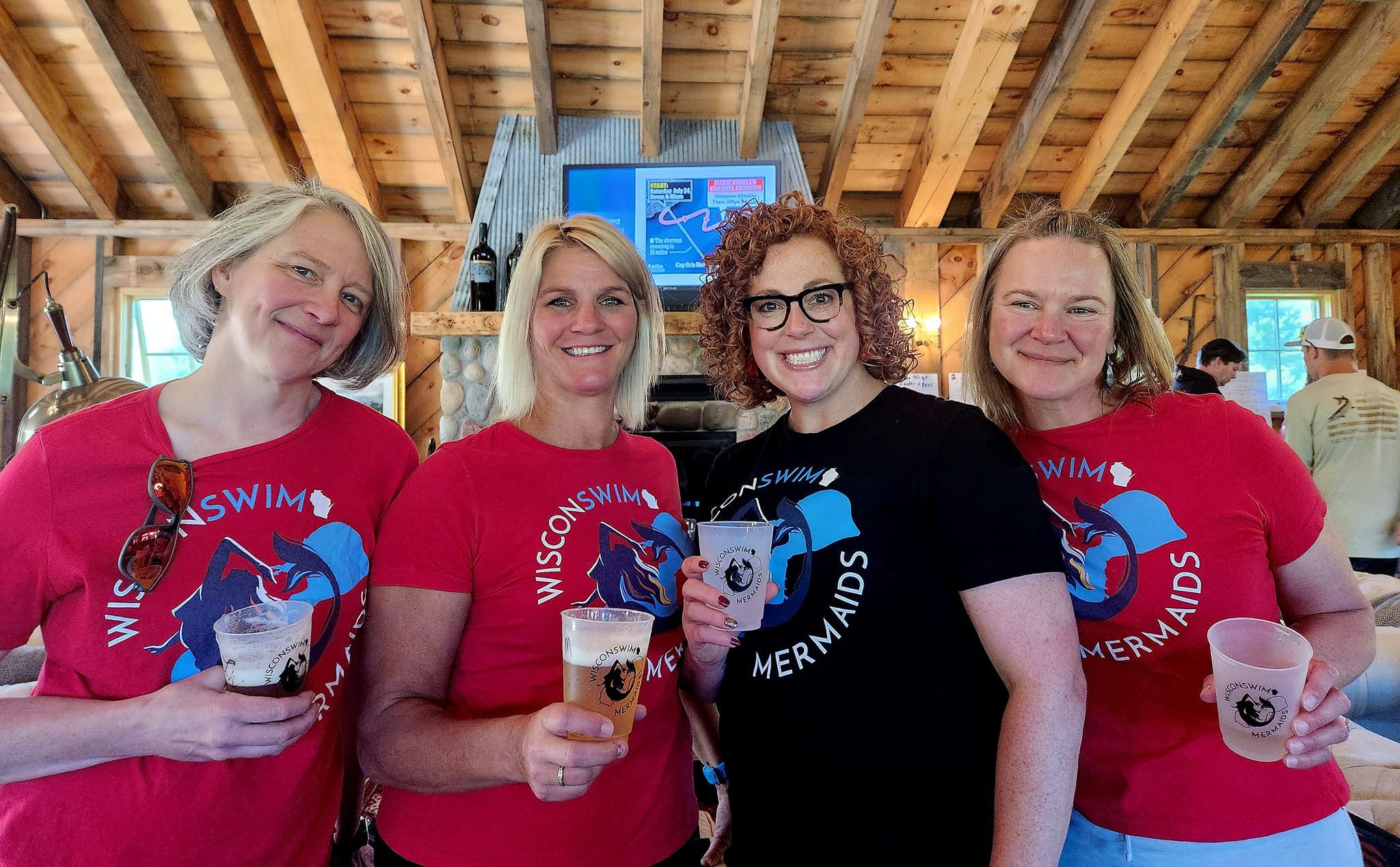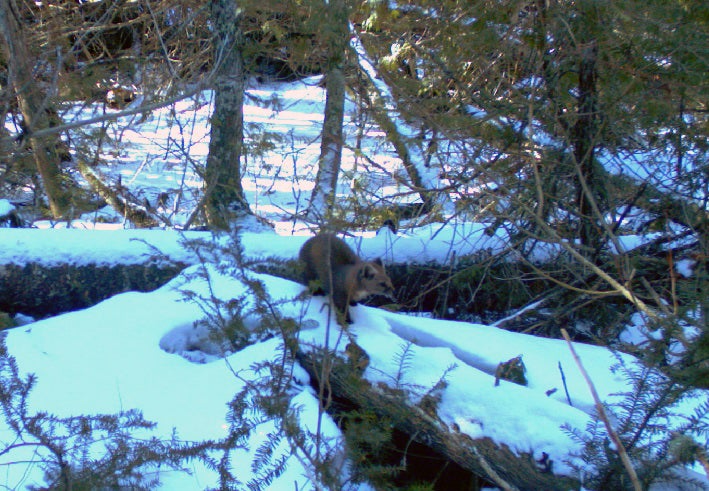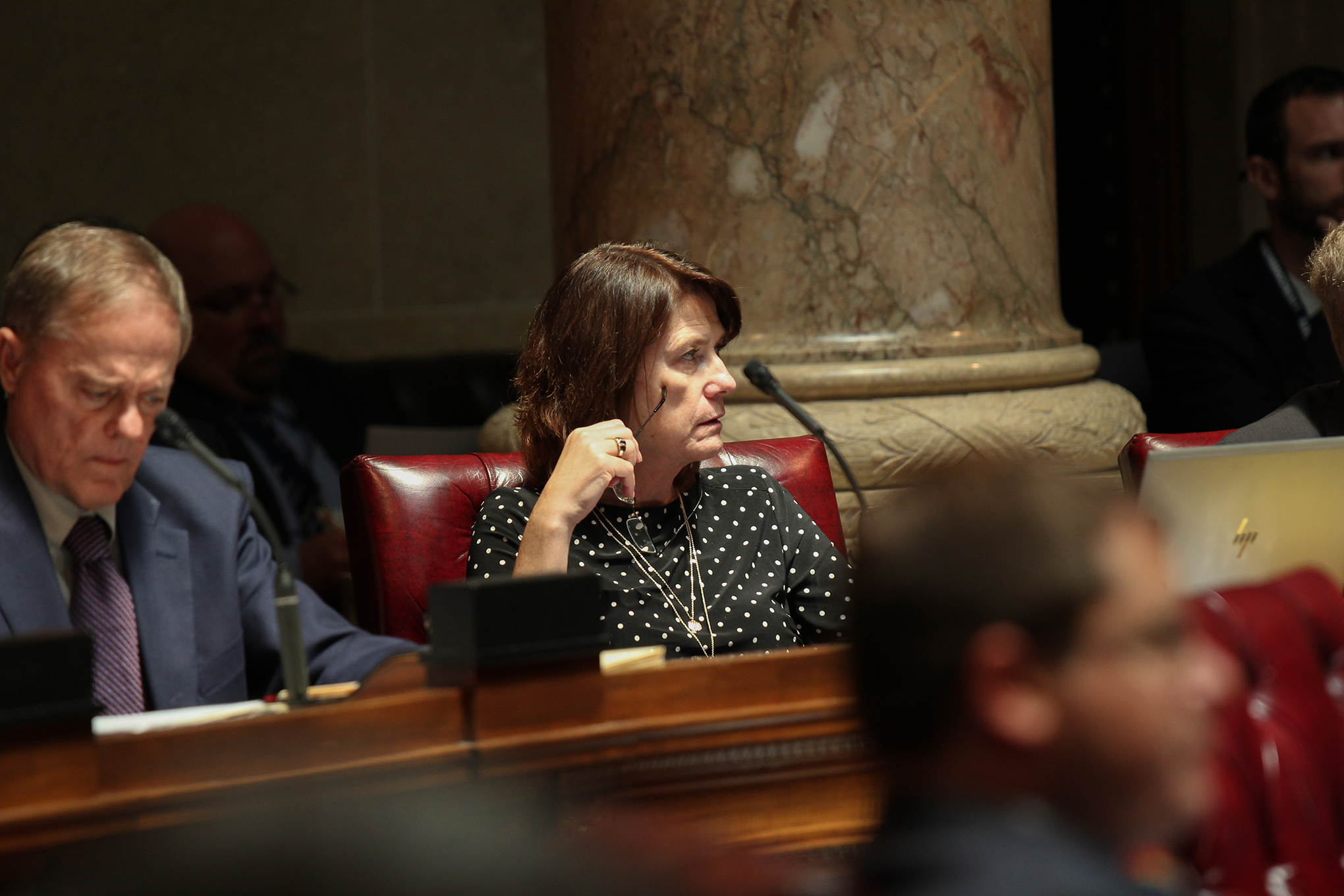For just the second time in more than 150 years, tribal members will descend on a Lake Superior island this weekend for the once-banned Indigenous “Olympic Games.”
Madeline Island on Lake Superior is the ancestral homeland of the Ojibwe people, who migrated from the northeastern U.S. to the Great Lakes region. The island just offshore from Bayfield in northern Wisconsin is a popular tourist destination, but it’s also culturally significant to Ojibwe tribes who journeyed there to find wild rice or the food that grows on water.
On Saturday, members of tribes from throughout Wisconsin, Minnesota and Michigan will make their way to the island by ferry or whatever means necessary to take part in the Mooningwanakaaning Minis Inter-Tribal Snow Snake Festival.
Stay informed on the latest news
Sign up for WPR’s email newsletter.
Snow snake is a traditional game played during the winter that originated with the Haudenosaunee or Iroquois Confederacy out east. Tribal members craft snow snakes or javelins out of wood and compete to see who can throw them the farthest distance.
Games like snow snake and lacrosse hadn’t been played on the island for more than 150 years until they returned last year, according to Paul DeMain, a member of the Oneida Nation.
“The government banned these activities mainly because of the wagering that was going on around them, and many of them came to an end,” DeMain said. “So we don’t see much of a presence of snow snakes on Madeline Island after the Treaty of 1854.”
DeMain organized the games last year among a small group of Indigenous men from various tribes.
“It just started with a handful of guys. I’m going to say maybe five guys, and we were going back and forth. And all of a sudden, it came to fruition. And I want to say we had 150 people watching us play snow snake on Madeline Island on Lake Superior. It was just amazing last year,” said Paul Ninham, an Oneida Nation member and instructor for the games.
Ninham said all tribes have played snow snake with different types of sticks and protocols. He first saw the game played in 1993 out east in Bradford, Ontario in Canada. Around 15 to 20 years ago, he said the game experienced a rebirth on Oneida’s reservation. In recent years, he said they’ve been trying to restore the game to the tribal community.
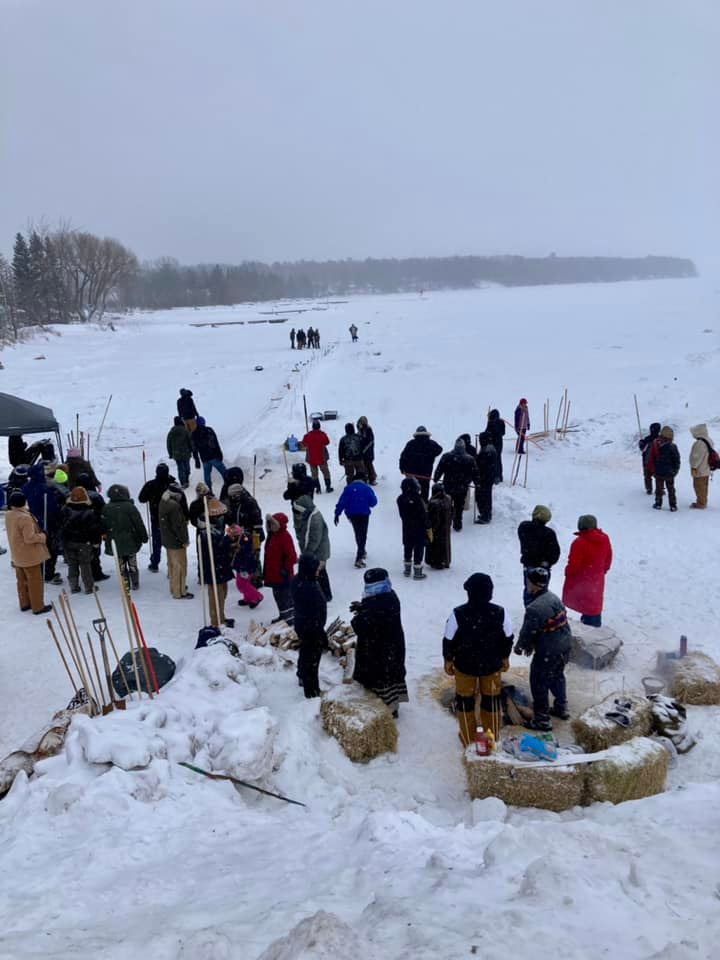
DeMain said the same is true on Madeline Island. He likened the return of the games to other efforts to rebuild parts of Indigenous culture. He said that includes efforts to restore their language, lands, traditional ecological knowledge, and now the games.
“All those things are being revived, and so the revival of snow snakes is just another component that’s coming back into their community and thriving and growing and understanding what it all meant,” DeMain said.
Both DeMain and Ninham expect larger crowds this year on the island. Youth exhibitions and instruction begin around 10 a.m. and the event runs until dusk. Last year, Jon Greendeer, former president of the Ho-Chunk Nation, had the longest throw during the games at a distance of 241 feet.
Greendeer said the original purpose of the games had cultural and ceremonial ties.
“They also had political purposes, as well,” Greendeer said. “Whether or not they solved or solve political issues is one of the significant characteristics of this game.”
Over time, he said tribes lost elements of the games along with their language and other aspects of their culture as the federal government implemented policies that sought to remove tribes from their lands and force them to assimilate whether through boarding schools or other means.
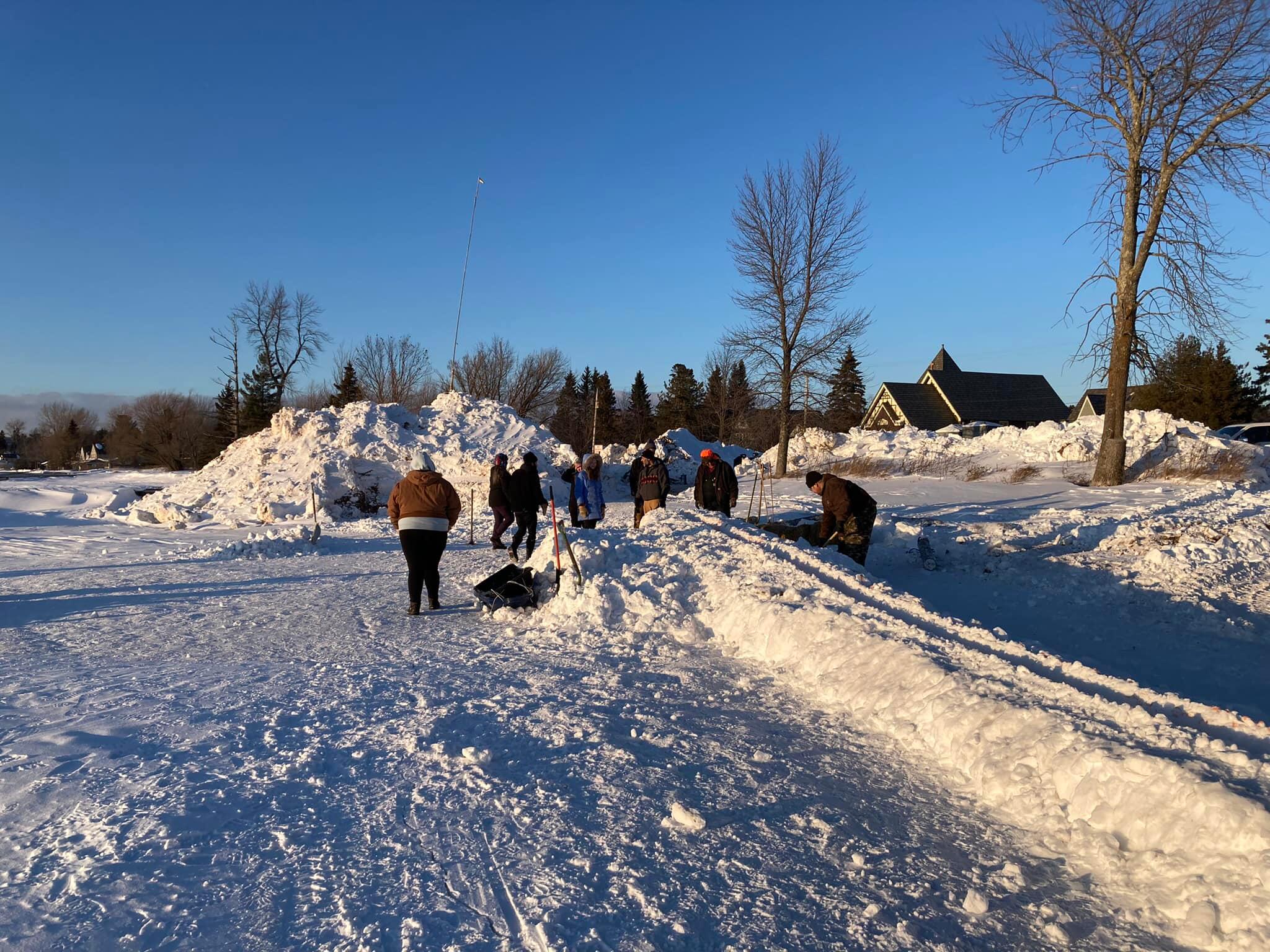
“When you’re in survival mode, you’re not really going out and playing winter games,” Greendeer said. “You’re trying to feed your village, your community, your household….It was probably a travesty for our elders to not be able to do something that was relatively routine and fun.”
Snow snake is just one of many Indigenous games that hone survival skills, endurance and accuracy.
DeMain is part of the Akiing 8th Fire, an Anishinaabe group working to restore Native communities. They are sponsoring the games and will coach participants throughout the day on Madeline Island, which DeMain said was once a major trading center for the Ojibwe Nation. In addition to the games, he said the festival is a chance for people to gather and trade goods, foods and traditional gifts like copper bowls or bags of wild rice.
DeMain said they will learn about the various ways the game is played across North America, noting the day is an opportunity to rewrite Madeline Island’s “Olympic Games.” For Ninham, it’s important to restore the games to tribal communities to ensure that they won’t be lost.
“When Native people get together, we have song. We have dance. We have food. We need to institute all our traditional games back into those gatherings again,” Ninham said. “If we can accomplish some of that, I’ll be full at that point.”
Wisconsin Public Radio, © Copyright 2025, Board of Regents of the University of Wisconsin System and Wisconsin Educational Communications Board.
